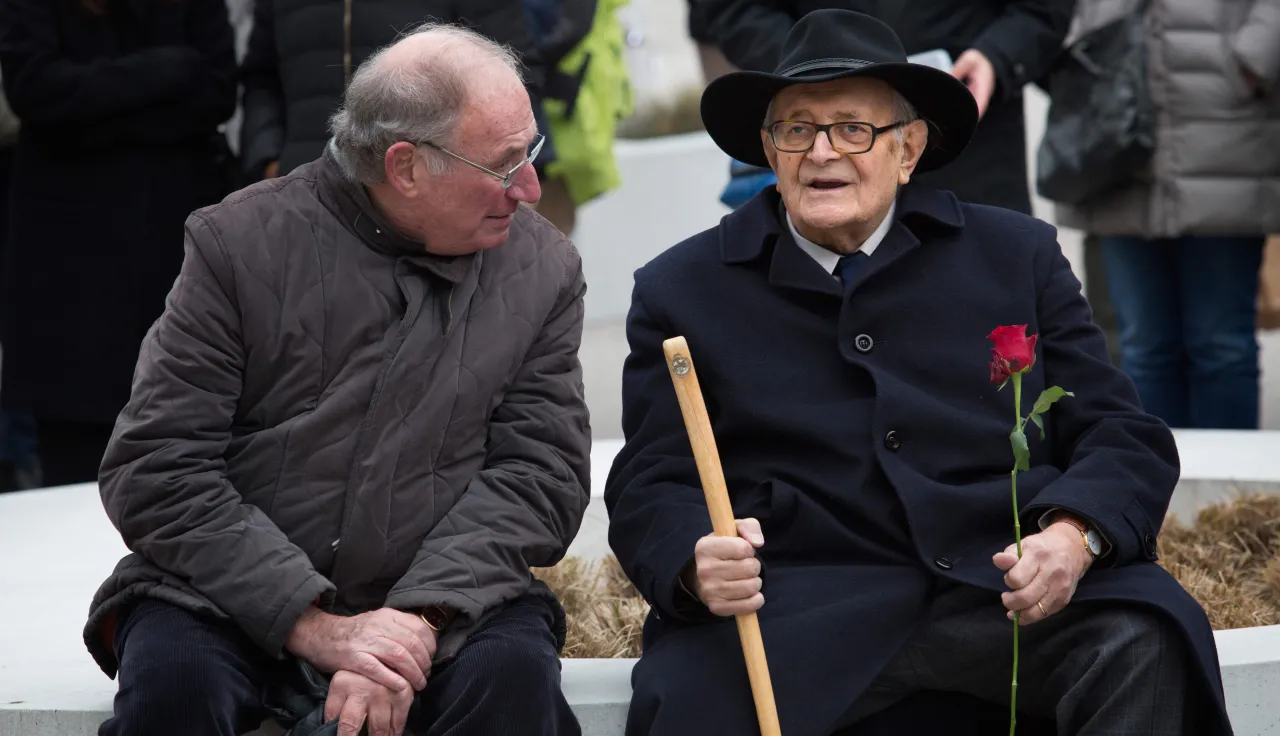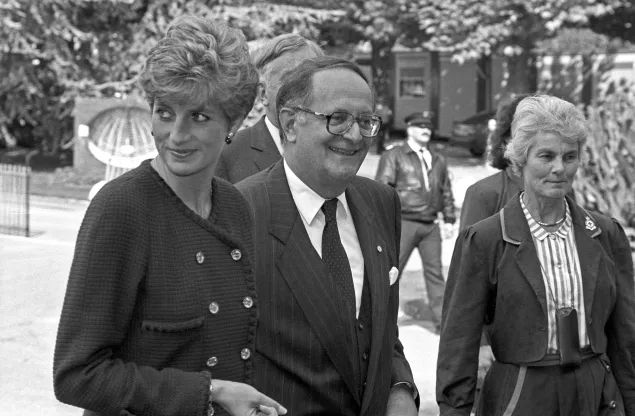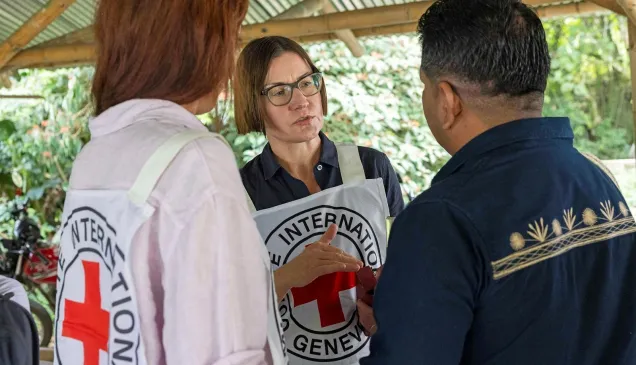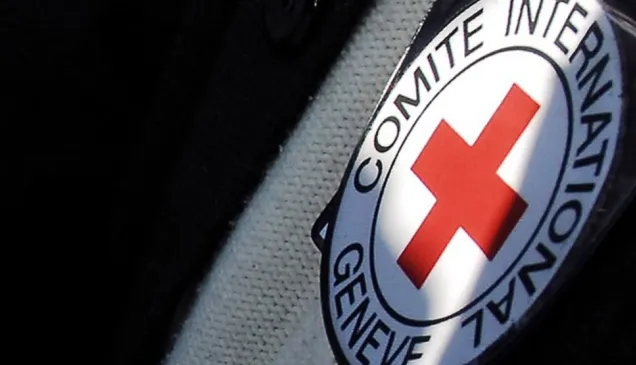Cornelio Sommaruga, President of the ICRC 1987–1999

Cornelio Sommaruga, President of the International Committee of the Red Cross from 1987 to 1999, died in Geneva on Sunday 18 February 2024. He was 91.
In this article, Mirjana Spoljaric, current President of the ICRC, pays tribute to Cornelio Sommaruga.
Cornelio Sommaruga was at the helm of the ICRC during the major geopolitical upheavals that followed the end of the Cold War. A man of conviction with great charisma, he modernized the ICRC to deal with new types of conflict and armed violence, as it responded to the humanitarian consequences of the Gulf War and of the conflicts in the Balkans, Chechnya, Somalia and Rwanda.
Cornelio Sommaruga was known for his commitment and his exceptional personality. He bore the voice of the victims of war to governments, strengthening international humanitarian law to better protect them while defending neutral, impartial and independent humanitarian action.
His commitment to the prohibition of anti-personnel landmines was a striking example.
Scandalized by the testimonies of ICRC surgeons regarding the mutilation and unspeakable suffering that landmines were causing indiscriminately, he decided to launch a public appeal for a total ban on these weapons in 1994, followed by a public campaign – a first for the ICRC.
The proposals put forward contributed to historic progress in the protection of war victims, with the adoption of the Ottawa Convention in 1997.

Lady Diana (left) with former ICRC president Cornelio Sommaruga (center) at ICRC headquarters in Geneva (1991). The Princess of Wales worked alongside the ICRC in the 1990s to obtain a ban on anti-personnel mines.</h2>
At the end of the Cold War, some questioned the need to maintain neutral, impartial and independent humanitarian action. Cornelio Sommaruga defended respect for these fundamental principles of the International Red Cross and Red Crescent Movement and their application. Today, more than ever, these principles remain essential if we are to take action at the heart of conflict and serve as a neutral intermediary.
Profoundly convinced of the relevance of the ICRC's role within the Movement, he anchored it in the field, in the midst of conflict, and in dialogue with belligerents.
In 1992, Cornelio Sommaruga was one of the first leaders to alert the world to the internment camps in Bosnia-Herzegovina and in 1994 he was one of the first to sound the alarm regarding the targeted, systematic attacks on sections of the population in Rwanda.
He invested much effort in supporting the humanitarian community and the international position of Geneva. Internally, he devoted particular attention to the transformation of the ICRC and the careers of its staff. Their number swelled from 3,500 at the start of his presidency to 10,000 by the end. Where previously all delegates had been Swiss, they now came from increasingly diverse nations and backgrounds.
Cornelio Sommaruga was deeply affected by the murders of ICRC colleagues, notably in 1996 when six were killed in Chechnya and three in Burundi. To better protect the staff of humanitarian organizations and improve access to civilian populations, Cornelio Sommaruga became even more committed to dialogue with parties to conflicts – both governments and non-state armed groups.
As he said, "the purpose of humanitarian aid is not only to meet immediate needs but also to restore hope".
Cornelio Sommaruga leaves us a precious legacy that we must maintain and nurture in the face of today's humanitarian challenges.
Cornelio Sommaruga, President of the International Committee of the Red Cross from 1987 to 1999, died in Geneva on Sunday 18 February 2024. He was 91. A man of conviction with great charisma, he modernized the ICRC to deal with new types of conflict and armed violence



